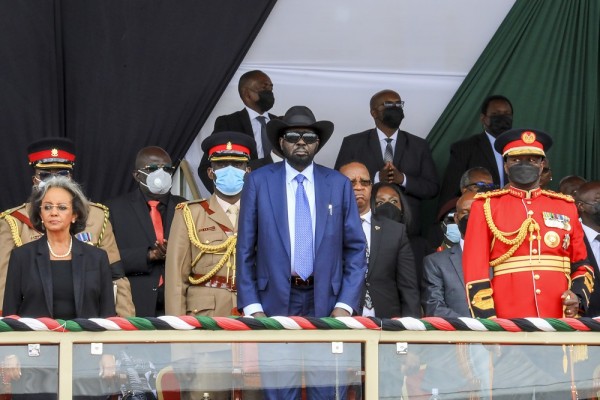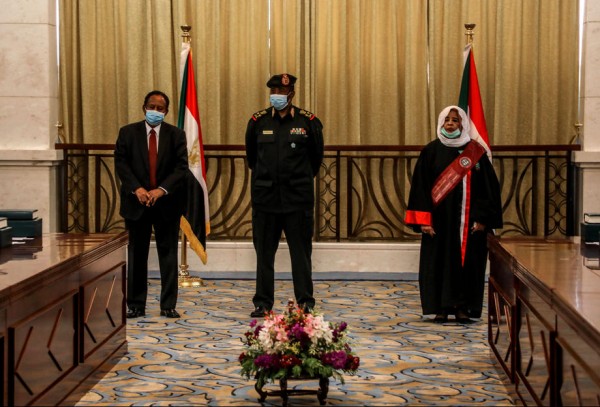The International Press Institute (IPI) today urged South Sudan’s government to refrain from slapping restrictions on journalists and interfering with news coverage in the aftermath of an apparent coup attempt in Africa’s newest country.
President Salva Kiir announced this week that forces loyal to his former deputy, Riek Machar, had attempted to overthrow the government on Monday. Kiir imposed a curfew on all unofficial movement in Juba, the capital, from 6 p.m. to 6 a.m. “until further notice”, the government said in a statement.
The unrest comes amid growing concern about the erosion of press freedom in South Sudan, including the temporary detention of several journalists from the Citizen newspaper in the past six months. The government also recently ordered all journalists to register with the government, allegedly to protect them against arrest or harassment.
“Statutory licensing of journalists is a well-established mechanism used by repressive governments to control the press, which IPI considers completely unacceptable and in breach of international standards in this area,” IPI Press Freedom Manager Barbara Trionfi said. “It is in times like this that the South Sudanese citizens need access to reliable information, and government’s direct or indirect interference in editorial decisions certainly prevents independent coverage of events.”
Journalists were refusing the information minister’s order to register despite threats of legal action, Radio Miraya, an independent broadcaster in Juba, reported on Dec. 10.
Michael Makuei, South Sudan’s information minister, defended his government’s decision to order the registration of all journalists and media organisations. In a statement on Friday, three days before Kiir announced that the armed forces had turned back the attempted coup, Makuei told a news conference the registration rule was intended to “organize and regulate the media as opposed to what has been perceived as ‘a crack down on freedom of expression’”, according to a government statement.
In October, IPI raised concerns about a package of media legislation that includes regulations on public broadcasting and an access to information law. IPI’s assessment of the legislation showed that the proposals fell short of international standards in some cases – in particular as it introduces statutory regulation of journalism ethics, an area IPI believes is better left to self-regulatory mechanisms.
In a sign of growing concern about stability in South Sudan, U.N. Secretary-General Ban Ki-moon on Tuesday urged factions within the Sudan People’s Liberation Army (SPLA), the country’s military, “to impose discipline on their forces and to exercise maximum restraint in the use of force”.
Hundreds of people were reported killed or wounded in clashes between rival factions of the SPLA. Kiir, in his statement released on the government’s website, said 10 people had been arrested and that Machar and four others accused of trying to overthrow the government remained at large. The unrest is a significant setback for a country that gained independence from Sudan on July 9, 2011, following a peaceful referendum.
For more information, contact:
Timothy Spence | Senior Press Freedom Adivsor | tspence[@]freemedia.at | +43 1 512 90 11
IPI: www.freemedia.at | Twitter: @globalfreemedia |Facebook: www.facebook.com/InternationalPressInstituteIPI


